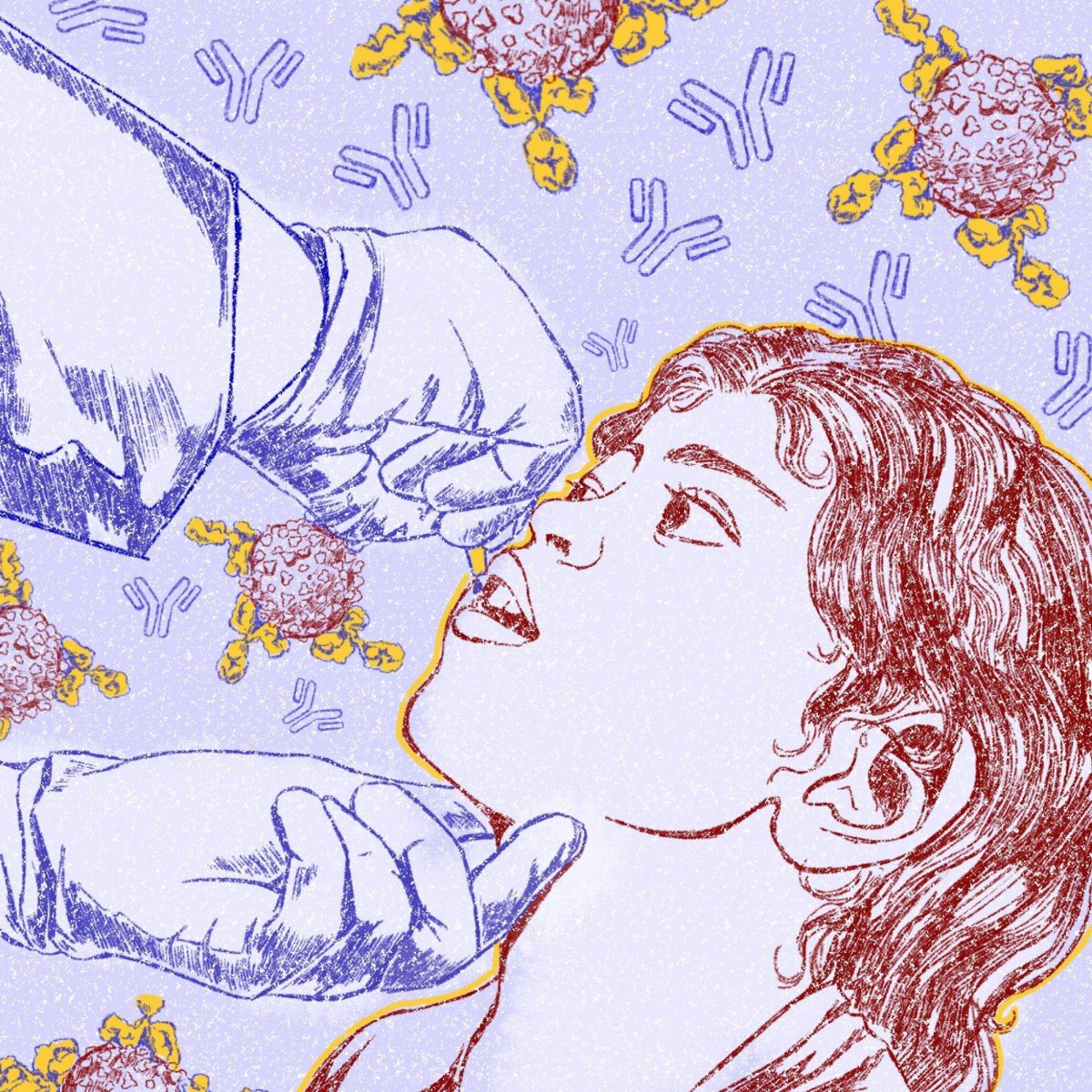Summer welcomes opportunities for staying active and being healthy, which were two of the many messages exhibitors at the University Health Fair advocated to faculty, staff and students Thursday.
The Division of Recreational Sports sponsored the event in the Gregory Gym Arena with about 80 exhibitors from around Austin who promoted aspects of healthy living from financial to physical well-being.
Rhonda Cox, assistant director of Recreational Sports, had been organizing this event since last July, immediately after the last health fair.
After the smaller turnout in 2010, Cox said she was thrilled with the large crowds that gathered this year.
“We decided to make this event bigger and better,” Cox said. “Having it in the Gregory Arena gives a different and open atmosphere.”
Cox said Recreational Sports is planning a separate and smaller health fair for the J.J. Pickle Research Campus, since many faculty members were not able to attend because of their distance from Gregory Gym. She said there are also plans to make the University Health Fair a biannual event, but this may take a while to get started.
Different exhibitors offered free screenings ranging from blood pressure to spinal exams.
Chemistry graduate student Lisa Vasicek took advantage of the chiropractor’s booths at the fair.
“I woke up with lower back pain this morning so I’m trying to figure out what’s wrong,” Vasicek said.
Andrew Ho, a senior and marketing intern for the coconut water company Zico said he was glad for the opportunity to promote the company’s product.
“It’s good to get everyone aware and consolidated in one area,” Ho said. “It’s also good we’re giving out free samples [of Zico coconut water] because a lot of people don’t get to try it.”
A Vitalogy SkinCare booth at the fair offered free skin cancer screenings between 10 a.m. and 12 p.m. Sonja Shelstad, business development specialist, said they tended to get lines of people all morning, so they were able to share their message with the public.
“Our philosophy at Vitalogy is skin cancer prevention and protection,” Shelstad said. “The key to finding skin cancer is finding it early.”



















